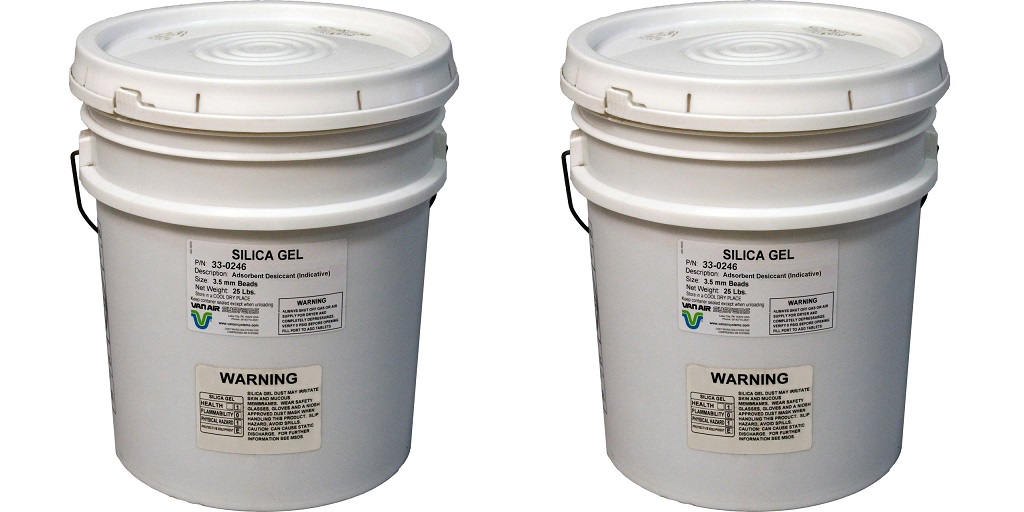
Silica beads are small, dry, solid beads that are commonly used as desiccants in various industries, providing a simple, effective solution for combating moisture. If you’re running a business that deals with products sensitive to moisture, silica beads could be the reliable drying agent you’ve been searching for.
What Exactly Are Silica Beads?
Silica beads are small, porous spheres made from sodium silicate. They’re incredibly absorbent—able to take in up to 40% of their own weight in moisture. You’ll often find them packaged in small, porous packets, quietly working to keep your products dry during storage or transport. While “silica” might sound like something slick, the beads are completely dry and stay that way—even when they’re full of moisture.
Why Should Businesses Use Silica Beads?
Humidity can be a real pain, especially for sensitive items. Silica beads are a simple and affordable solution to protect your stuff from moisture damage.
Here’s why many businesses turn to silica beads:
- Low Maintenance: Once you place them in your packaging or equipment, silica beads do the rest. There’s no need for constant monitoring or intervention.
- Reusable: The beads can be dried out and reused, making them an eco-friendly option for moisture control.
- High Absorption Capacity: Silica beads are one of the most effective drying agents, able to absorb a significant amount of moisture relative to their size.
Where Are Silica Beads Used?
Silica beads are used in a wide range of industries—anywhere that moisture poses a threat to product quality or equipment longevity. Here are just a few examples:
- Compressed Air Systems: Silica beads are often used in desiccant air dryers, which are crucial for ensuring that compressed air stays dry. In this application, silica beads absorb moisture from the air, preventing corrosion in machinery and maintaining the overall quality of the air.
- Pharmaceutical and Medical Fields: Air quality is critical in the production and packaging of pharmaceuticals. Silica beads help ensure that moisture doesn’t affect the safety or efficacy of the products being produced.
- Food and Beverage Industry: In this sector, keeping products free from moisture is essential for maintaining freshness and preventing spoilage. Silica beads help control humidity during both production and packaging.
- Sensitive Instrumentation: In industries that rely on precise measurements or machinery, even the smallest amount of moisture can lead to malfunctions. Silica beads are used to maintain dry environments, ensuring that equipment functions accurately.
How Silica Beads Work in Compressed Air Systems
One of the more specialized uses of silica beads is in desiccant air dryers. In these systems, compressed air passes through silica beads, which absorb any moisture in the air. This process ensures that only dry air reaches sensitive equipment or products.
Silica beads can be reactivated—dried out and reused—by heating them. In compressed air systems, this drying process happens continuously, with the beads in one tower absorbing moisture while those in another tower are being dried. This system ensures non-stop protection from moisture.
Why Your Business Should Invest in Silica Beads
If you’re dealing with sensitive products or equipment that could be damaged by moisture, silica beads are often a practical and cost-effective solution. Adding silica beads to your business operations doesn’t require a significant investment of time or resources. And when they’re saturated, a quick drying process can reactivate them, giving you continued protection without the need to constantly purchase new materials.
Get the Right Desiccants for Your Needs
Silica beads might be small, but their impact on your business can be huge. If you want to ensure your products stay dry and in optimal condition, head over to Air & Vacuum Process Inc. Keep your air and gas systems dry and running smoothly with their selection of desiccants. So you can focus on your business, not humidity.
For more information about Automatic Drain Valve and Quiet Compressor Please visit: Air & Vacuum Process Inc.